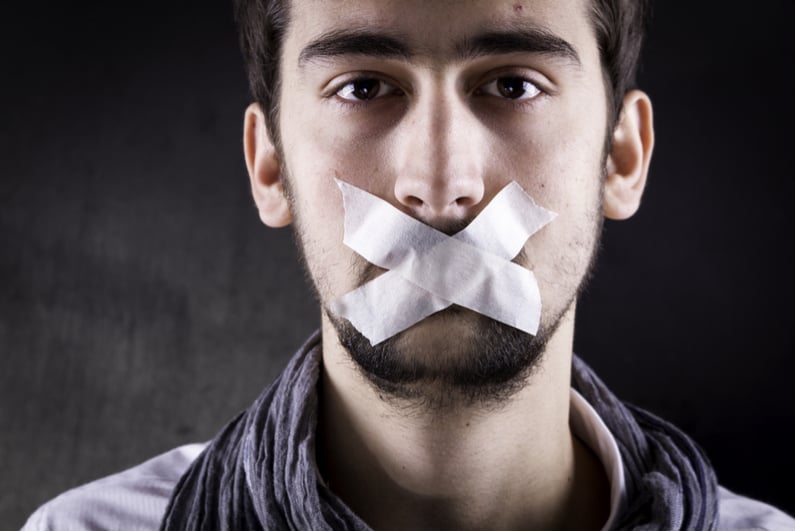30-second summary
- Fraud victims forced to sign non-disclosure agreements
- Money repaid in return for not informing the regulator
- Regulator has warned gambling operators
- Says it will take action in cases of malpractice
The UK Gambling Commission (UKGC), which regulates the gambling industry, has published a strongly worded warning to operators that overstep the line when using non-disclosure agreements.
The UKGC is concerned that betting companies are forcing claimants to sign gag orders to stop them from making official complaints.
Some betting companies are known to have paid claimants settlements after they had money stolen by problem gamblers. In some cases, these victims have pursued companies such as Ladbrokes to reclaim the money.
Red flags
They argue that betting companies ignored red flags from gambling addicts whose spending had rocketed. They say the operators should have stopped such players instead of allowing them to continue gambling.
However, an investigation by the Guardian has revealed that both the repaid money and the gag order are intended to stop theft victims from complaining to the UKGC.
In one notorious case, Ladbrokes repaid almost £1m ($1.3m) to five victims of a man who stole from them to fund a £60,000 ($78,600) a day gambling habit. However, the settlement was subject to them agreeing to a “pledge… not to bring any complaint or make any report to any regulator in relation to the claim.”
The UKGC is investigating this case.
Ladbrokes and other gambling operators have been reported as showering addicted gamblers with gifts to keep them playing. These are their so-called “VIP players,” lavished with five-star holidays, tickets for sports matches, business class flights, and gift hampers.
Official warning
The UKGC’s official warning can be found on its website. It is a blunt statement indicating it will crack down hard on any instances where gag orders have been used to prevent consumers from notifying the regulator of malpractice.
The regulator has reminded gambling operators of their obligations as licensees, including to conduct their business “with integrity” and to comply with “both the letter and the spirit of their license.”
The warning says: “We consider that non-disclosure clauses would be improperly used if their effect was to: prevent, impede or deter, a person from reporting misconduct, or a breach of our regulatory requirements to us, or making an equivalent report to any other body responsible for supervising or regulating the matters in question.”
While the UKGC recognizes there may be a case for using an NDA, it warns strongly that misuse would be seen as an “aggravating factor” should it need to take regulatory action.
Transparency
The warning also reminds operators to “have due regard to the interests of consumers and treat them fairly.” The UK’s Independent Betting Adjudication Service settles disputes between gambling companies and bettors, but disgruntled customers often begin legal action instead.
It is unknown how many disputes end up being settled out of court, but legal experts suggest the majority will conclude with the bettor signing a gag order.
Bettors in dispute with the same operator have no way of knowing if similar cases were settled financially, with an NDA attached. Where disputes are taken to IBAS in the first instance, the adjudicator will be left in the same position: having to arbitrate without knowing if gag orders have been signed on similar litigations.
Treating addicts
It is rare for the UKGC to be so publicly outspoken on matters like this. That it has done so suggests that the inappropriate use of gag orders is far more widespread than the handful of cases that have been reported in the media.
The regulator has also made it clear that there is a risk that an NDA of this kind could actually prevent a problem gambler from seeking treatment. Its official warning states that a gag order could prevent “those suffering gambling-related harm” from being unable to “freely discuss their gambling history with treatment providers.”
